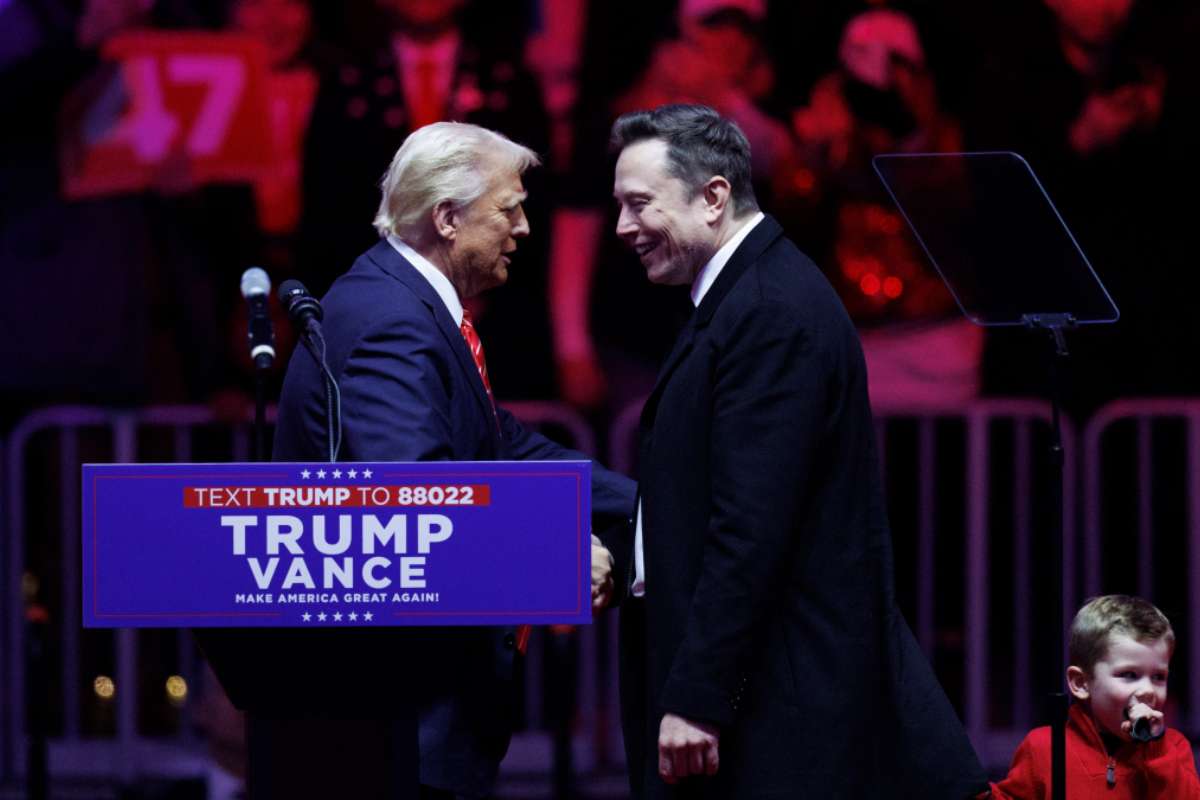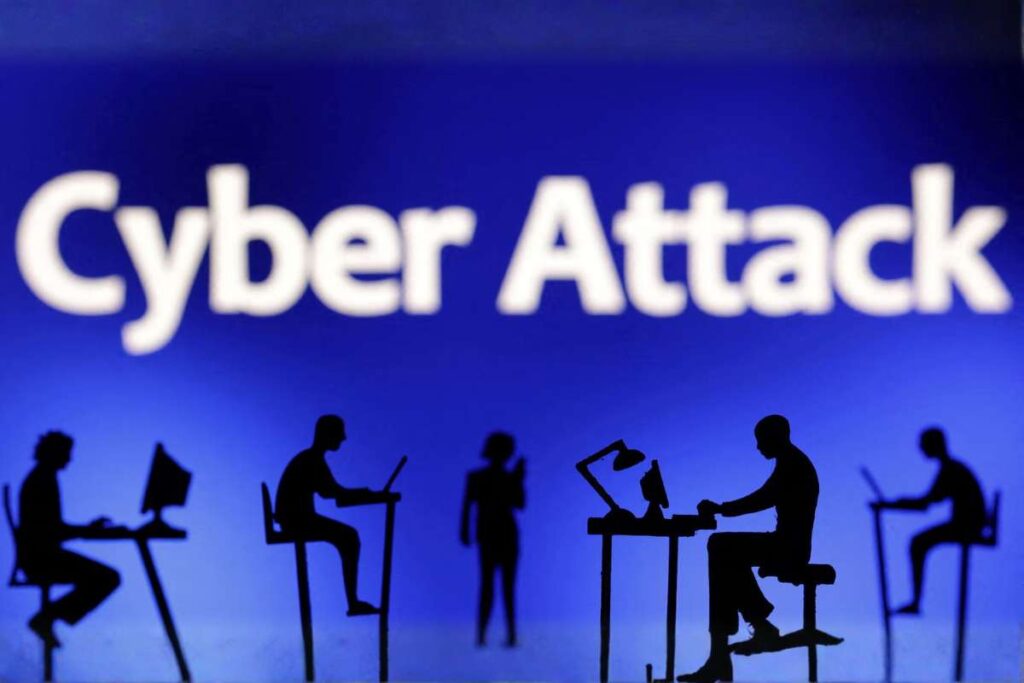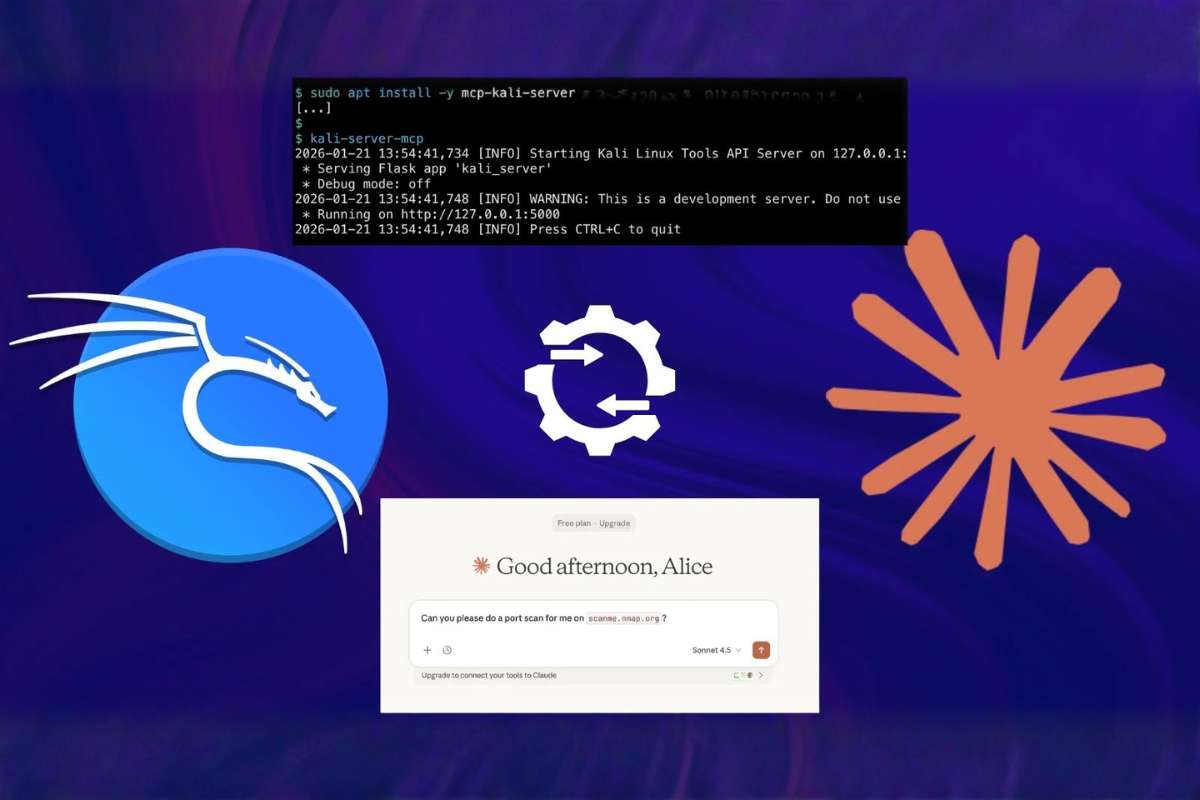Cybersecurity Failures: Government Security Breaches Raise Alarm
Cybersecurity and government experts have voiced deep concerns over security failures following Elon Musk’s takeover of key federal systems. Musk, along with his team from the Department of Government Efficiency (DOGE), has allegedly bypassed longstanding regulations, prompting comparisons to an ongoing data breach as Cybersecurity Failures. Since January 20, DOGE, which legally functions as an external advisory board, has been accused of exposing millions of federal employees’ data and violating laws related to classified and sensitive information. Experts warn that Musk’s access to critical systems has created vulnerabilities that could be exploited by malicious hackers.
A major point of concern is the Department of the Treasury’s payment system, housed within the Bureau of Fiscal Service, which oversees billions of dollars in government transactions. Reports indicate that Musk’s team has gained access to these systems, raising fears about potential unauthorized alterations or breaches. Additionally, employees at the Office of Personnel Management (OPM) have filed lawsuits against the government, citing the installation of a private server by Musk that lacked security clearance. Given that OPM’s systems contain records of millions of federal workers, this move has drawn parallels to past high-profile security breaches, including the 2015 Chinese cyberattack and the controversy surrounding Hillary Clinton’s private email server in 2016.
Although the White House has claimed DOGE employees only have “read-only” access to these federal systems, Wired reported that a former Musk employee, just 25 years old, was granted administrative privileges. This revelation has heightened concerns about the integrity of government systems and the potential risks associated with unauthorized access.
Lawmakers on Cybersecurity Failures and Experts Demand Answers
Senator Elizabeth Warren (D-Mass.) has formally questioned Treasury Secretary Scott Bessant, demanding an explanation for what she described as a “security and management failure.” Warren emphasized the critical role these systems play in distributing Social Security, Medicare benefits, and federal salaries, warning that any security lapse could have severe repercussions. Meanwhile, cybersecurity experts have pointed out that Musk’s actions contradict federal cybersecurity laws, particularly the Federal Information Security Management Act (FISMA) and National Institute of Standards and Technology (NIST) security protocols.
Federal agencies require strict logging and clearance procedures to access sensitive systems, and experts argue that Musk’s direct involvement would typically constitute a security breach. According to a former government cybersecurity official, the damage caused by DOGE’s unauthorized access could take significant time and resources to repair. The use of unvetted IT infrastructure, including the private server installed at OPM, has also raised concerns about potential data leaks and weaknesses that foreign adversaries could exploit.
Congressional leaders, including Representatives Gerry Connolly (D-Va.) and Shontel Brown (D-Ohio), have echoed these concerns. In a letter to OPM Acting Director Charles Ezell, they warned that the security failures could expose federal employees to cyber threats, particularly social engineering and spear-phishing attacks. The representatives accused the administration of displaying “gross negligence, severe incompetence, and a chaotic disregard for security.”
Legal Consequences and Systemic Risks
Legal experts have warned that Musk’s involvement, alongside former President Donald Trump’s executive order creating DOGE, could place federal employees in precarious legal positions. Under the E-Government Act of 2002, it is a felony for federal employees to knowingly disclose protected government information to unauthorized individuals. Attorney Bradley Moss emphasized that no federal worker should grant system access without explicit written authorization, and those resisting unauthorized access have faced administrative leave or termination.
Beyond classified data, government systems also contain Controlled Unclassified Information (CUI), which includes sensitive financial, law enforcement, and privacy-related data. Robert Metzger, a federal cybersecurity expert, explained that access to such information requires rigorous background checks and security measures. Without proper oversight, federal IT systems are increasingly at risk of unintended consequences that could disrupt administrative operations.
Technology researcher Danah Boyd likened the U.S. administrative structure to a game of Jenga, where removing key regulatory blocks without proper safeguards could lead to systemic collapse. She warned that Musk’s unchecked interference in Treasury operations could result in catastrophic failures, describing the situation as “really, really bad” for the stability of government systems. With federal cybersecurity hanging in the balance, experts continue to call for urgent action to mitigate the risks posed by the DOGE takeover.






